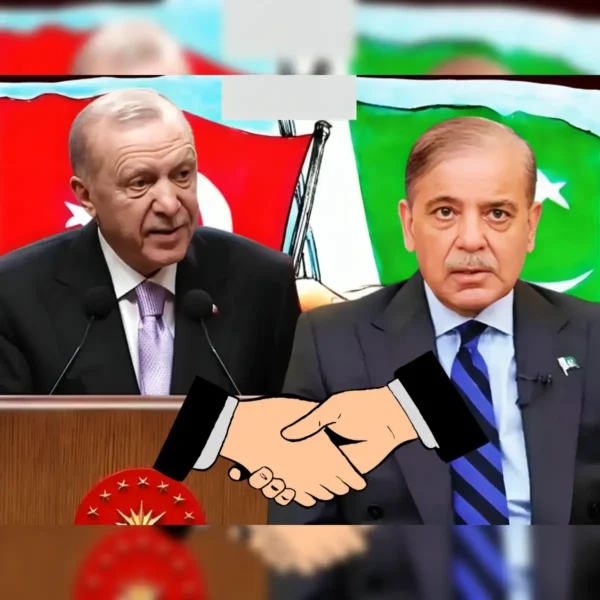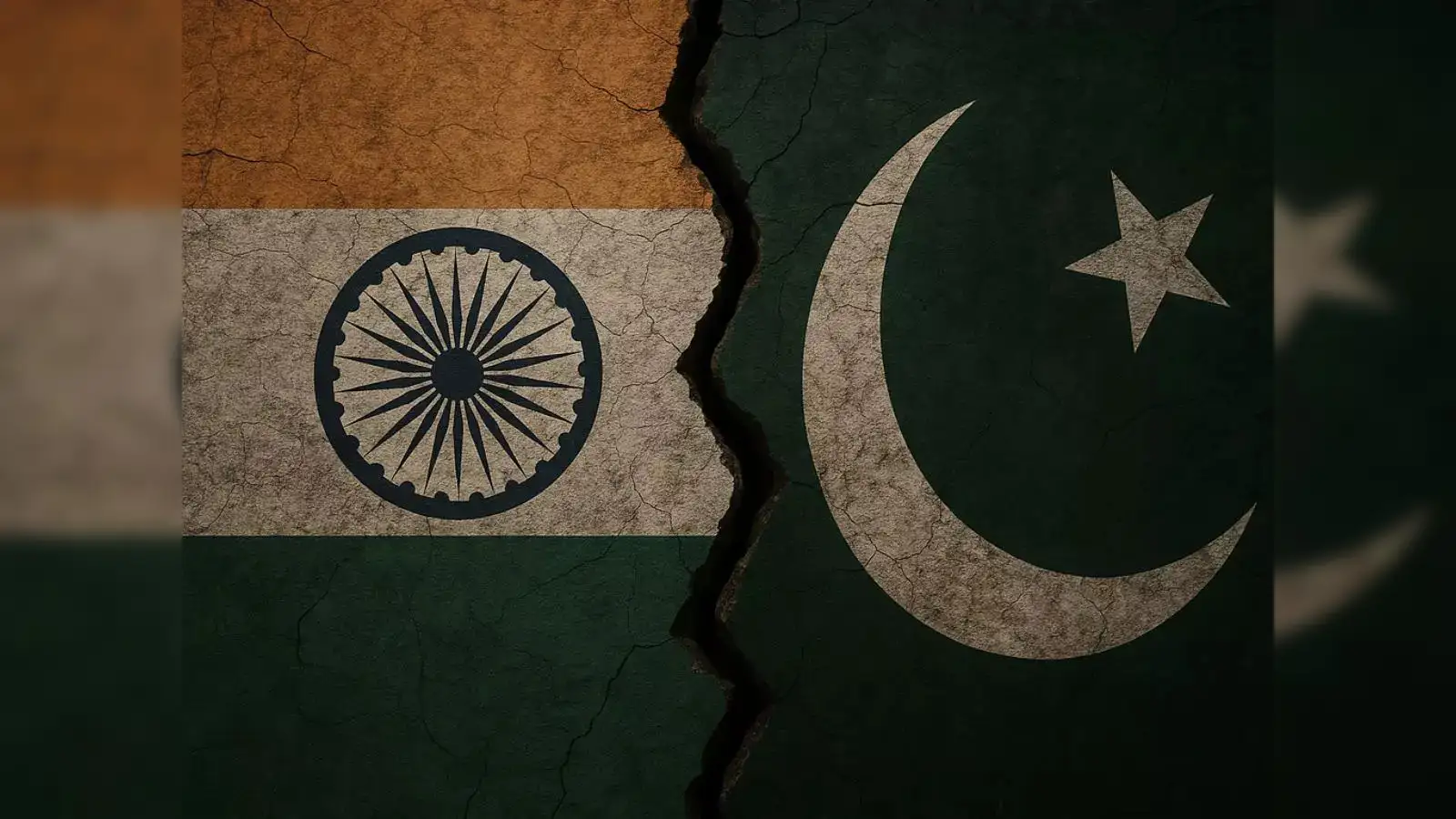Discover why India has boycotted China, Turkey, and Azerbaijan. Learn about the steps taken, global impact, and what this means for the future of international relations in a clear and engaging way.

India Boycotts China, Turkey, and Azerbaijan: What It Means for the World
India has taken a bold and historic step by officially boycotting China, Turkey, and Azerbaijan. This move is shaping global politics and trade in significant ways. But why did India take such a serious stand? And what does this mean for the future of international relations? Let’s explore this important development in detail.
Why Did India Boycott These Countries?
The boycott roots in growing political and economic tensions. India has faced repeated challenges with China, especially due to border disputes that escalated sharply in recent years. China’s expanding influence in South Asia and beyond has made India cautious and defensive.
Turkey and Azerbaijan, while not directly involved in the India-China border issue, have taken diplomatic stances and actions that India finds unfavorable, including their positions on Kashmir and other regional conflicts.
This boycott sends a strong message: India will fiercely protect its sovereignty and interests.
Steps Taken by India in the Boycott
India’s boycott is more than a statement—it is an active strategy involving:
- Trade Restrictions: India has imposed tighter controls on imports and exports involving these countries. Indian companies are encouraged to seek alternative sources and markets to reduce dependence.
- Diplomatic Cooling: Official visits and bilateral talks with China, Turkey, and Azerbaijan have been minimized. India is focusing more on friendly nations aligned with its strategic goals.
- Cultural and Sports Boycott: India has scaled back cultural exchanges, joint events, and sports collaborations with these nations to reduce their soft power influence.
- Public Awareness: The government promotes ‘Make in India’ and local products, urging citizens to support domestic industries over foreign imports.
These actions form a comprehensive approach designed to apply pressure while leaving diplomatic channels open for future dialogue.
What Does the Boycott Mean?
The boycott means India is reducing trade, cultural, and diplomatic interactions with China, Turkey, and Azerbaijan. Import and export volumes with these countries will likely drop, impacting businesses and consumers.
Soft power exchanges like cultural festivals, sports matches, and academic collaborations are being paused or limited. However, India is careful not to completely sever ties. The boycott is a strategic step toward better terms and respect.
Global Impact of India’s Boycott
India’s stance affects not only the three countries but also global trade and diplomacy. China is a global economic giant, so tensions can ripple worldwide.
Turkey and Azerbaijan’s regional influence adds complexity. India’s boycott could shift alliances and provoke reactions from other global powers.
For deeper insights into these global shifts, visit International News on Recital Blog.
India’s Parallel Efforts for Peace
While taking a firm stand here, India is also working hard to promote peace elsewhere. The progress in the India-Pakistan ceasefire agreement shows India’s commitment to dialogue and stability.
Learn more about this hopeful development at Latest Developments in the India-Pakistan Ceasefire Agreement.
What Lies Ahead?
India’s boycott will reshape trade routes and diplomatic ties. Businesses will need to adapt quickly. Governments worldwide will be watching closely for shifts in alliances.
This bold move shows India’s confidence and determination on the world stage. It sends a clear message: India will no longer tolerate threats to its sovereignty.
Stay updated on these changes by visiting trusted news sources like America112.
Final Thoughts: A Nation Standing Tall
India’s boycott of China, Turkey, and Azerbaijan marks a new chapter in its foreign policy. It reflects a country ready to assert itself with strength, self-respect, and a vision for the future.
As we watch this story unfold, remember this inspiring thought by Dr. A.P.J. Abdul Kalam:
“You have to dream before your dreams can come true.”
India’s bold dream is a stronger, respected place in the world — and this boycott is a step toward making that dream a reality.

